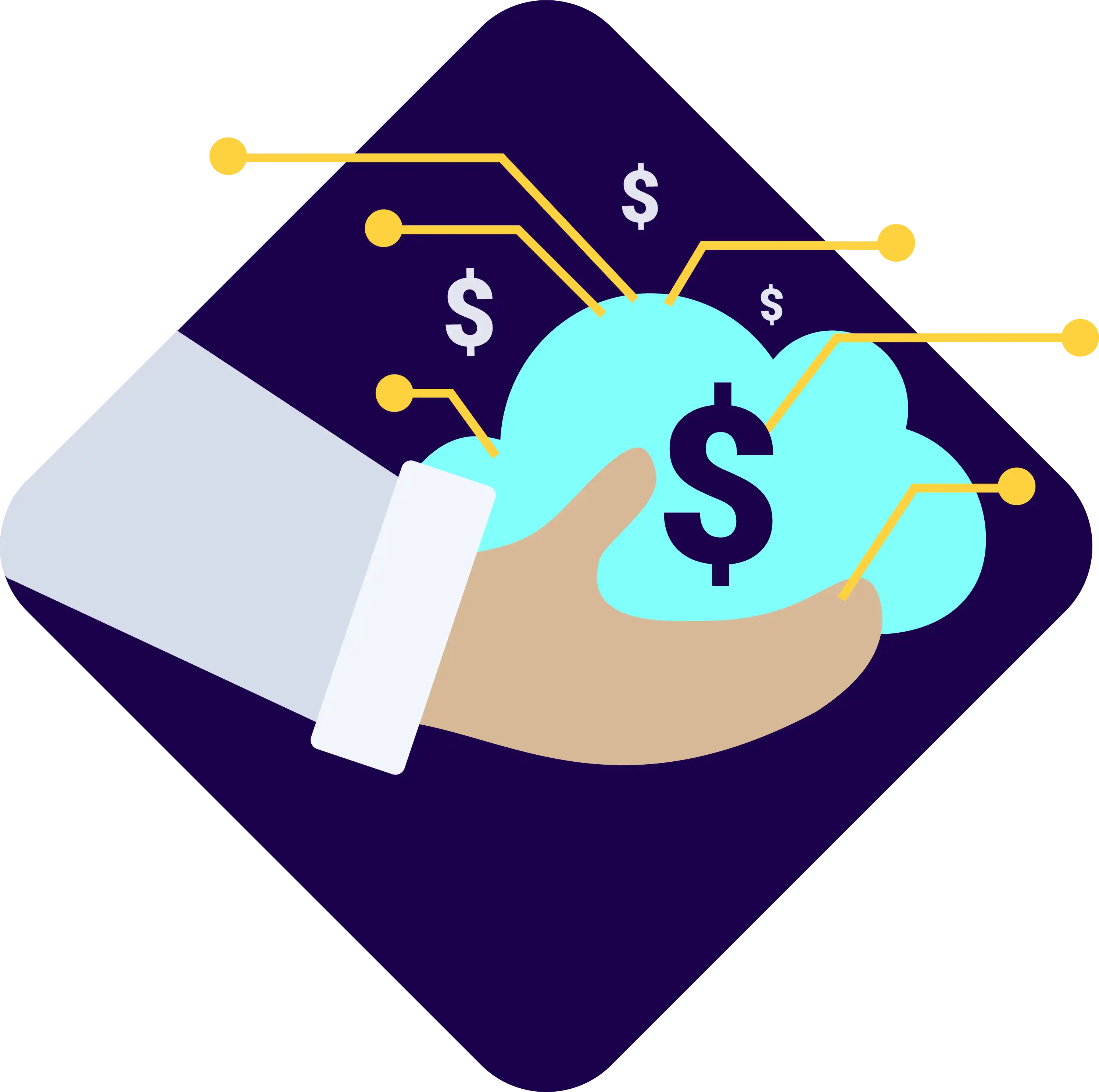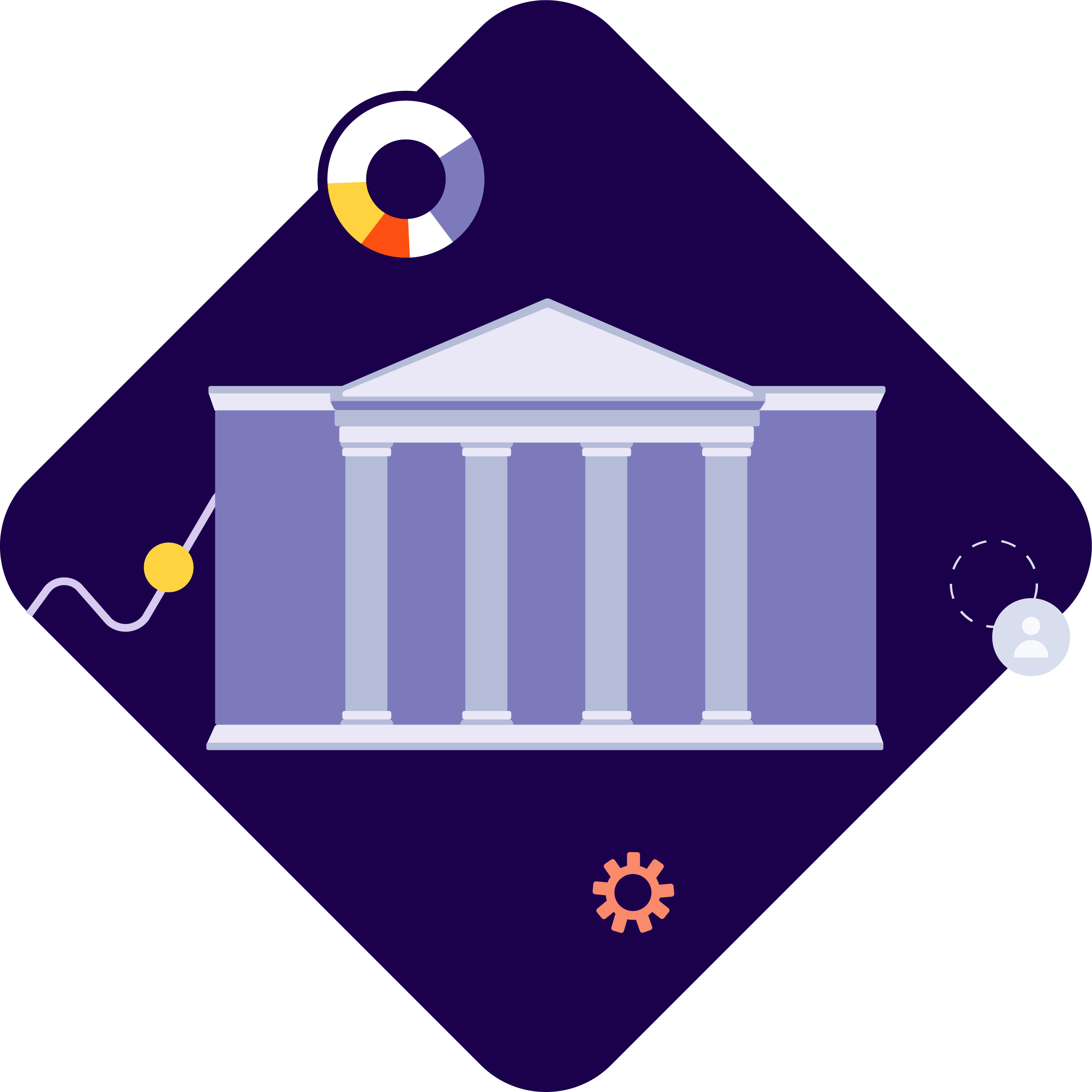Understand
What the OnlyFans Changes and Reversal Mean for the Open Finance Platform Economy

Over the past several months, proposed OnlyFans changes have created a great deal of stress and reaction. OnlyFans is a marketplace platform that allows creators to sell subscriptions or manage sales for the content they produce. Like Patreon, Gumroad, LearnWorlds, Ghost, Substack, and even YouTube, creators can sell videos or other content, provide monthly subscriptions where content is unlocked at subscription levels, or can share content that will be made available with ads for an ad-based revenue business model.
To date, OnlyFans, which has some high profile music and pop culture creators, is predominantly used by creators sharing sexually explicit content via their subscription base. OnlyFans, which Bloomberg reported had generated more than $2 billion in sales, had stated they wanted to broaden their creator base and were planning to restrict creators from sharing sexually explicit content. A spokesperson for OnlyFans explained that the ban on sexual content would be instituted to “comply with the requests of [their] banking partners and payout providers.”
The Potential of Open Banking and Open Finance to Enable Participation and Financial Independence
In a healthy platform economy, open banking generates new benefits and opportunities. A well-functioning open banking and open finance ecosystem would allow marginalised populations that have traditionally been locked out of financial services — women, people of colour, members of the LGBTQ community, and others — to access new products and services to build their financial health.
Had OnlyFans followed through on their recent decision to ban sexually explicit content at the behest of their banking partners, it would have served as another blow to marginalised populations who rely on sex work as their primary source of income. Due to a large public outcry, the ban was reversed days after it was first announced.
While this reversal is no doubt a win for sex workers, it’s troubling that it took public intervention. The potential encroachment of banking platforms and payment providers on becoming arbitrators of appropriate payment transactions, in this case, could have further excluded some and forced them into more dangerous forms of sex work.
New Risks of Marginalisation and Inequity in Open Finance Ecosystems
OnlyFans, a UK-based content subscription service, has long been the de facto site for sex workers to sell explicit photos and videos. The site, which grew in popularity throughout the first year of the COVID-19 pandemic as people stayed home more, allows sex workers to receive independent payments for their content, giving them a greater safety net than traditional sex work allows. Between March and April of 2020, OnlyFans saw a 75% increase in sign-ups. Without the ability to receive independent payments, sex workers may feel forced to return to clubs or brothels, which often have a poor history of workers’ rights and safety protections.
Sex workers were disproportionately affected by COVID-19 due to the closure of strip clubs, many of which became permanent as the businesses were unable to stay afloat during the lockdown. Since sex workers are considered “undocumented workers”, they’re denied government benefits in the United States and are wary of arrest if they access public assistance. Sex workers in the UK have also felt the effects of COVID-19 and the worsening global recession. “Sex workers are taxpayers – yet the policies of most major banks exclude them from being able to access COVID-19 government support loans,” the United Sex Workers union, a UK-based union of strippers and sex workers, explained in a statement regarding the OnlyFans decision.
As local health centres shut down due to the pandemic, marginalised populations, including transgender people who accessed the centres for hormone treatment, were forced to pay expensive out-of-pocket costs for their medication. Some transgendered folk turned to sites like OnlyFans to fund their transitions.
When OnlyFans reversed their decision, banks were obliquely mentioned again as a driving force behind the initially proposed policy change. “We have secured assurances necessary to support our diverse creator community,” tweeted OnlyFans’ official account about the reversal. This incident isn’t the first time banks and payment providers have regulated sex work. After PornHub rightfully received backlash for hosting revenge porn and underage content on their site, Visa and Mastercard blocked customers from using their cards for site payments. In this case, card payment providers needed to act, given the poor international state of legislation to protect individuals against revenge porn.
We would argue that Visa and Mastercard should have also advocated at that time to push for governments to make greater regulatory and legislative controls on the monetisation of revenge porn. Often, technology moves faster than policy development. And the sudden proliferation of using content platforms like PornHub to publish revenge porn occurred in a policy vacuum and Visa and Mastercard should be commended for stepping in and taking action. However, the regulation of sexually explicit content for consensual adults is already well-defined in most global jurisdictions and doesn’t require banks and payment providers to influence platforms in the way they have done so with OnlyFans. Some payment providers, like Paypal and its subsidiary, Venmo, and Stripe, also block users from purchasing sexually explicit content. Payment providers freezing and terminating accounts of suspected sex workers has caused a loss of much-needed funds for an already at-risk community.
While the OnlyFans example focuses predominantly on access to financial services for sex workers, the fact that banks and payment providers are influencing who gets to use digital financial services infrastructure has broader implications. There are already avenues (often enabling outsized influence) for banks and payment providers to participate in government and regulatory policy decisions. There are a range of mechanisms to make this advocacy and influence transparent: advocacy and lobbying registers, public records of meetings with politicians, government consultation processes that publish submissions or document stakeholder meetings, and other checks and balances all make sure that banks and payment providers can participate in industry policy making.
But if, globally, we are moving to digital infrastructure for banking and financial services, this division between policy making and providing the infrastructure for the digital global economy needs to be clearly separated. This is especially important in low and middle income countries, where the lack of government infrastructure is allowing private companies to become the de facto payments infrastructure for the whole nation.
The Role of Regulators in Open Finance Ecosystems
As the focus on regulating sexually explicit material grows, content sharing sites like OnlyFans face two pressures:
- banking platforms and payment processors wanting to disallow payments and
- investors’ reluctance to invest in sites that sell explicit material.
In an open ecosystem, it’s not the place of banks and financial institutions enabling payments to adjudicate on appropriate payment transactions. Regulations are already in place that cover criminal activity, including anti-money laundering controls for example. Financial institutions can pull investments from companies they no longer want to support, as we’re currently seeing in their fossil fuels portfolios, but those institutions don’t block fossil fuels companies from conducting transactions on their payment processing infrastructure.
Likewise, venture capitalist firms can choose how best to invest their money. However, they often cite concerns about sex trafficking for their hesitance to invest in sites hosting adult content. This doesn’t hold up to closer scrutiny when only one of the top 50 venture capitalist firms surveyed by Amnesty International had an adequate human rights due diligence process. If human rights aren’t a deciding factor when investing in tech companies, why do they become a roadblock for companies that enable marginalised populations to make a living?
Banning adult content is also a poor financial decision. Popular microblogging site, Tumblr, which was purchased by Yahoo in 2013 for $1.1 billion, caused a drastic drop in users by banning adult content in 2018. The site was later sold to WordPress’ parent company, Automattic, in 2019 for only $3 million. Had OnlyFans gone through with their decision, they could have risked a similar drop.
Key Lessons for Ecosystem Stakeholders
At Platformable, we believe all marginalised communities have the right to participate in digital banking and finance services. We work with non-profits, think tanks and private companies to support policy development for effective advocacy on how value can be generated and how we can build equitable and participatory open ecosystems.

Mark Boyd
DIRECTORmark@platformable.com
Spencer Perkins
JUNIOR ANALYST


